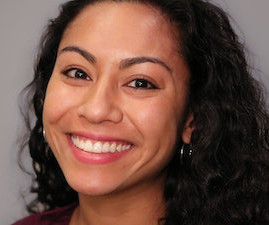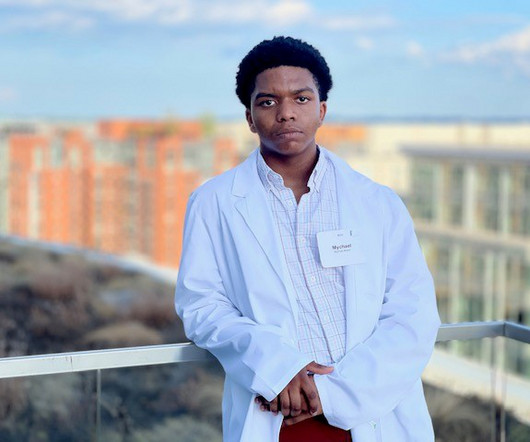On a Mission: Damon L. Williams Jr., Takes on the World
Diverse: Issues in Higher Education
NOVEMBER 6, 2024
Those lectures became a fundamental first step into his career in higher education, and in 2008, he became special assistant to the director of the TRIO programs at GSU, a series of federally funded programs that assist low-income, first-generation, or otherwise minoritized students attend and graduate college.











Let's personalize your content